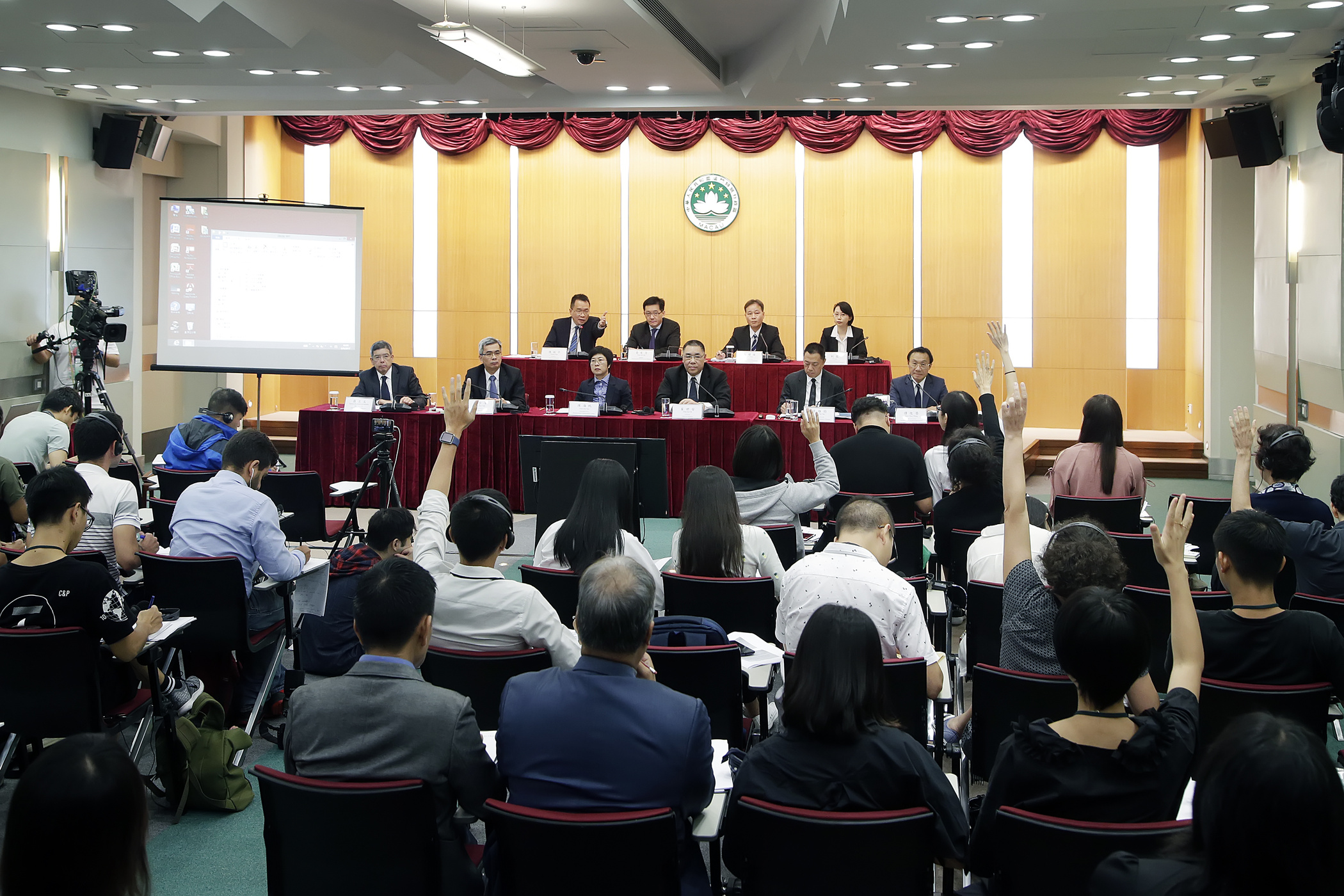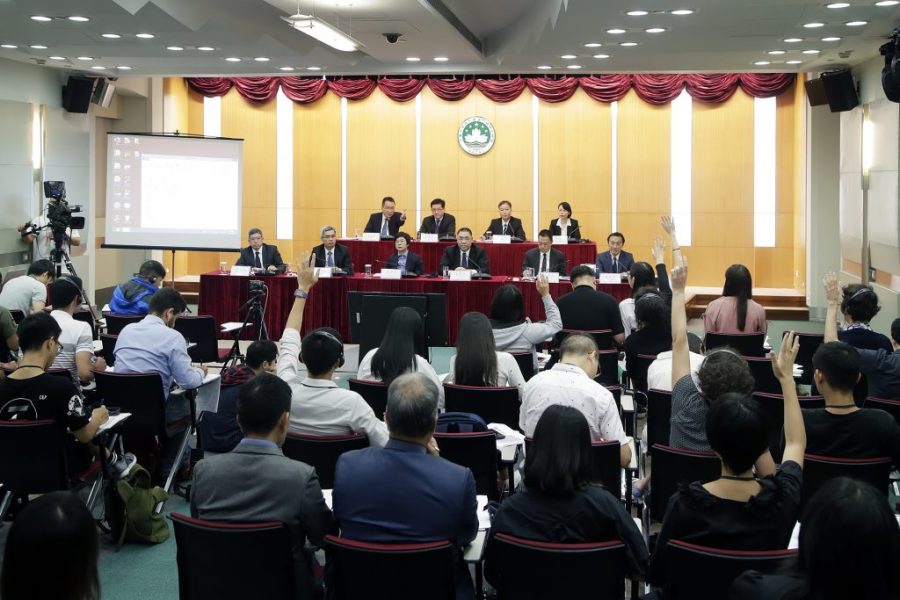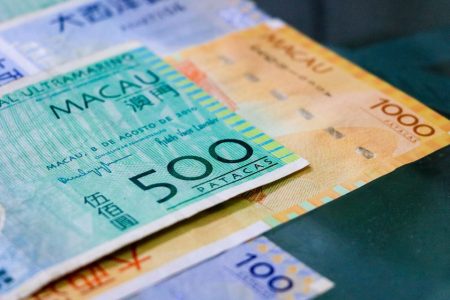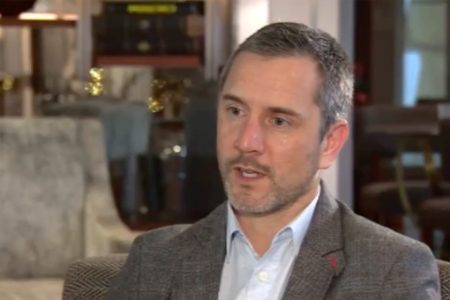Chief Executive Fernando Chui Sai On said on Wednesday that he has ordered the setting-up of a commission tasked with investigating whether any government entities or officials were at fault in their response to Super Typhoon Hato.
The recently-founded Committee for the Review of the Mechanism for Responding to Major Disasters and its Follow-up and Improvement hosted a press conference about what the government has done to restore the typhoon-hit city to normal and what it plans to do to improve its mechanism for responding to typhoons and other major disasters in the future.
Chui made the announcement during the press conference at Government Headquarters.
The government set up the mechanism review committee last week in response to the Typhoon Hato disaster with the aim of reviewing its existing mechanism to tackle disasters and coming up with measures to improve the mechanism. The committee consists of the chief executive, the five policy secretaries, the commissioner-general of the Unitary Police Service (SPU) and the director-general of the Macau Customs Service.
Chui, who heads the committee, said that he has decided to launch the probe to investigate whether the relevant government entities and officials fulfilled their duties in response to the Hato aftermath and whether they carried out proper disaster relief measures. The probe will also investigate whether any officials should be called to account, Chui said.
Chui also said that he has decided to set up a special commission to carry out the investigation, adding that he has appointed Assistant Prosecutor-General Mai Man Ieng, University of Macau (UM) Professor Iu Vai Pan and auditor Louisa Ho Mei Va as the three members of the investigative commission. Iu, a former UM rector, is a civil engineering professor.
Meanwhile, Chui said that the mechanism review committee has come up with a raft of measures with the aim of enhancing the city’s ability to respond to major disasters including particularly strong typhoons.
The government has said that Typhoon Hato, which descended on Macau on August 23, was the strongest typhoon to hit the city in 53 years.
Concerning the city’s water supply, Chui said that Macao Water will upgrade its Ilha Verde water treatment plant’s flood protection.
Chui also said that the government plans to build more storage tanks in high-lying areas across the city to increase tap water reserves to the equivalent of 12 hours consumption.
Concerning the city’s power supply, Chui said that Macau will be able to generate 30 percent of its electricity demand after the construction of natural gas-powered electricity generators is completed. In case of emergencies, CEM will make use of its existing petrol-fuelled generators so that 50 percent of the city’s electricity demand could be produced locally, Chui said.
According to the Macau Post Daily, Chui said that the power utility will also raise the height of its substations across the city, with priority to be given to areas susceptible to floods.
Chui also said his government also plans to provide emergency shelter facilities for the public, such as by modifying existing large-scale sports facilities located in high-lying areas.
Asked by the media how the government planned to respond to another typhoon as strong as Hato in the short term, Chui said the government would evacuate residents in the Inner Harbour area during a storm surge if the water level is higher than the floodgates set up along the waterfront there.
Meanwhile, Secretary for Security Wong Sio Chak said during the press conference that the government plans to set up a new entity, which he called Civil Protection and Contingency Coordination Bureau, with the aim of enabling better coordination and mobilisation of disaster relief resources.
In the public administration’s institutional hierarchy, a bureau is the top-ranked administrative unit under any of the government’s five policy secretariats.
Wong said the proposed new bureau would be tasked with overseeing the Civil Protection Operations Centre, which currently is run by the Unitary Police Service (SPU). He also said the setting-up of the proposed bureau would require a new piece of legislation.
Wong also said the government also plans to construct a civil protection operations centre building on the peninsula, in addition to the existing one in Pac On in Taipa.






